Questionhello, may i know how does a horse become fit when trained on deep foot sand??
AnswerTraining in deep sand really works a horse's muscles. It's an insidious surface, no rebound and all the energy in the leg is left in the ground, so the horse works a lot harder. The trot is the most efficient gait to use for long distances in deep sand although my dear friend, Steve Rojek, says to canter through really deep sand if you can't hear your horse's hoofbeats at a trot. He's done over 34,000 mi. in endurance so I have to pass along his wisdom. You need to start slow with the work. If it's unrelenting deep sand, no more than a mile to start. Then build up to 5 mi. before you increase your speed. The first times you do each distance try to not exceed about 7 mph, about 10 kph. It should take at least 10 min. to cover the mile the first few times you do it then slowly cut a minute off your time every 3rd training session. The animal's tendons have to respond to the training and tendons take a long time. The muscles get fit a lot faster than the bone and tendons in the legs and you don't want to hurt the horse by overworking it.
A good thing to do a couple of times a week between distance training is some basic dressage work to keep the horse accustomed to working in a frame with the hind-end engaged. A lot of distance horses travel sort of strung-out, with their heads jutting forward and their backs hollowed. Not a good thing. The best distance riders do basic dressage work regularly. The horses do multiple disciplines - Dinah Rojek not only rides her horse in endurance, he also drives, does 2nd level dressage and can hunt. Keeps the horse from getting burned out and trains his mind as well as his body. You want to get your horse to travel in a neutral position, like he does when he's just moving around on his own. His hindquarters are engaged and while he's not collected, he's also no just flopping around, if you know what I mean.
I hope I've answered your question adequately. I've told people for years that I can get a horse ready for the mountains in the sand a lot better than I can get a horse ready for the sand in the mountains. A lot of horses, and riders, come to New Jersey from New England - Vermont, New Hampshire, Maine - and find the sand we ride in here very taxing and the pretty much flat terrain is very tiring to ride if you're not used to it.
Lyn

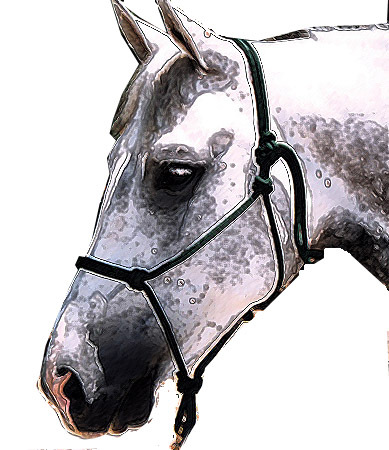 training an older arabian
QuestionHi i have an 8 year old arabian who has been un
training an older arabian
QuestionHi i have an 8 year old arabian who has been un
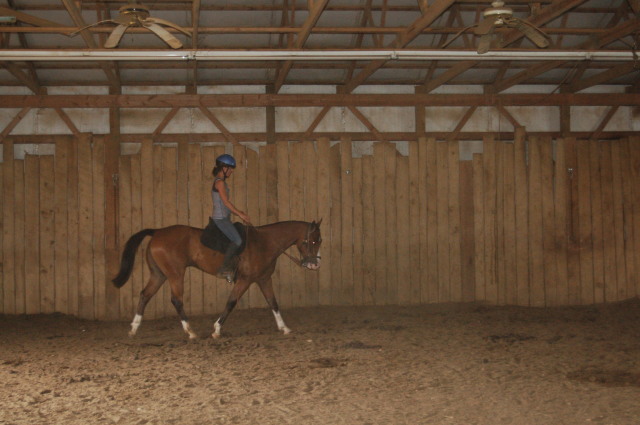 Bucking and running while longeing
QuestionRiding
QUESTION: I have a 7 yr unregiste
Bucking and running while longeing
QuestionRiding
QUESTION: I have a 7 yr unregiste
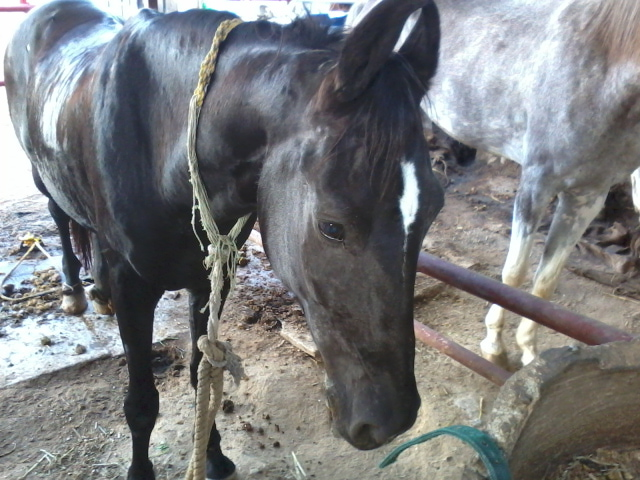 mounting again - horse doesnt allow
Question
rabecca
hello. we have a marwari breed
mounting again - horse doesnt allow
Question
rabecca
hello. we have a marwari breed
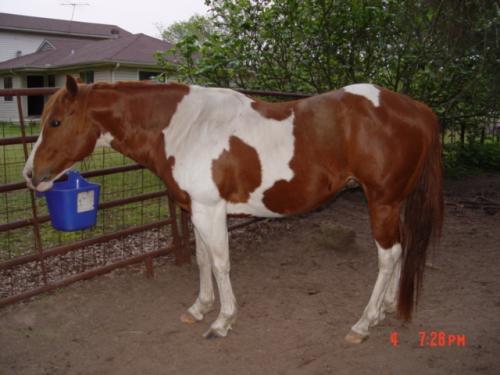 What is HYPP in horses?
QuestionReble
QUESTION: Need all info about HYPP
What is HYPP in horses?
QuestionReble
QUESTION: Need all info about HYPP
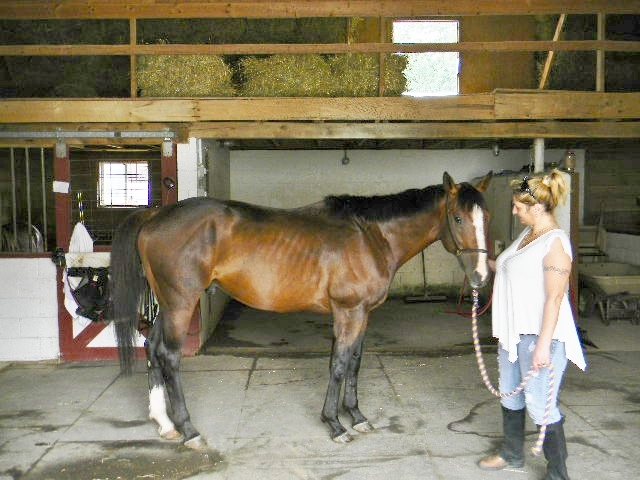 Gelding a 4 year-old ex-racehorse
Questionsplash
QUESTION: In April of this year I
Gelding a 4 year-old ex-racehorse
Questionsplash
QUESTION: In April of this year I